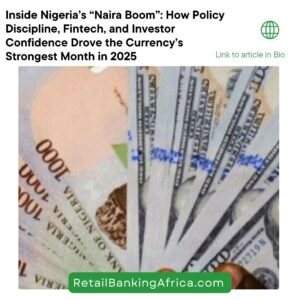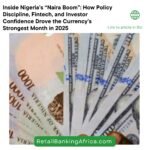In a surprising turn, the Naira strengthened to N1,550/$ in the parallel (black) market this week—its highest gain in recent weeks—reflecting growing confidence in Nigeria’s currency amid increased foreign exchange (FX) liquidity and a slowdown in U.S. dollar momentum globally.
While the official exchange rate saw a marginal depreciation, closing at N1,532/$1 on Friday (up slightly from N1,528.5/$1 the previous week), the parallel market showed notable improvement, appreciating by N30 from last week’s N1,580/$1 to N1,550/$1.
According to Nairametrics market surveillance, the Naira held steady between N1,560/$1 and N1,555/$1 through midweek before rallying to N1,550/$1 on Friday. This move is largely attributed to a wave of dollar inflows and a reduction in speculative pressure.
What’s Fueling the Strength?
- Improved FX Liquidity Across Banks:
Several banking insiders confirmed that dollar supply has increased in the financial system, allowing banks to meet customer demand more readily. “There’s hardly a branch where you can’t access dollars now,” one source noted. - Growth in Foreign Reserves:
The Central Bank of Nigeria (CBN) reported a rise in foreign reserves to $37.3 billion as of Wednesday, June 11, up from $37.127 billion at the start of the week. Higher reserves offer a buffer to defend the currency and improve market sentiment. - Weaker U.S. Dollar:
According to Dr. Nasir Aminu, Senior Lecturer in Economics and Finance at Cardiff Metropolitan University, the U.S. dollar has lost about 15% of its value in global markets this year, reducing pressure on emerging market currencies like the naira. - CBN’s FX Policy Reforms:
Ongoing interventions by the CBN—including the unification of exchange rates and crackdown on crypto-based FX speculation—have increased transparency and reduced arbitrage opportunities, contributing to the naira’s relative stability.
Outlook
While gains in the parallel market are encouraging, experts caution that sustainability will depend on macroeconomic discipline, continued FX inflows, and structural reforms to boost non-oil exports and remittances. With dollar availability easing and CBN maintaining steady monetary policy, a more stable naira may be within reach—though caution remains warranted given Nigeria’s historical currency volatility.










